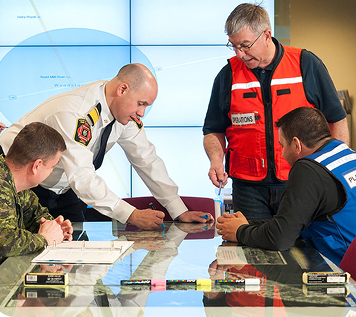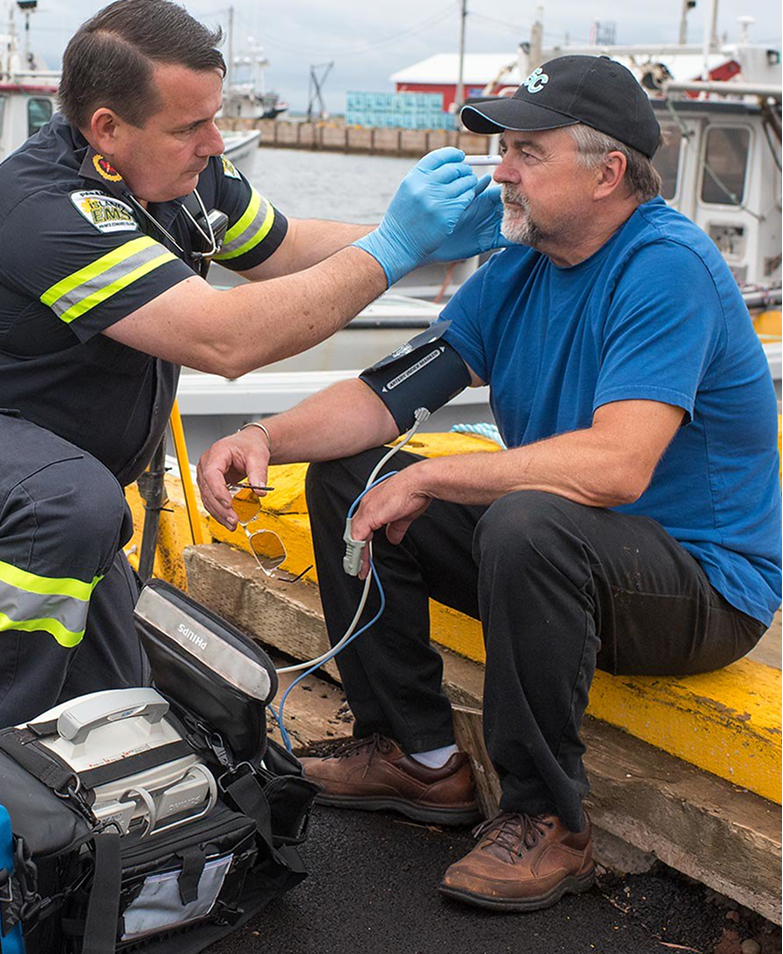Emotional Resilience Skills Training (ERST)
Building Mental Strength Through Science-Backed Training

Key Details
10-week structured course targeting the psychological processes that contribute to anxiety, depression, PTSD, and other related conditions, providing PSP with proactive coping strategies.
Evidence-based Skills
A training system built directly on one of the most evidence-based treatments in the world – the Unified Protocol for the Transdiagnostic Treatment of Emotional Disorders. Techniques proven to improve emotional regulation and mental health, adapted in collaboration with internationally-renowned Dr. Shannon Sauer-Zavala.
Comprehensive Course Modules
Goal Setting; Three-Components of an Emotion; ARC of Emotions; Mindful Emotion Awareness and Application; Function Disconnection, Action Mode, Restoration Mode; Cognitive Flexibility; Countering Emotional Behaviours; and, Physical Sensations and Practicing Emotional Exposures.
Proactive Mental Health Support
Designed to reduce symptoms of stress-related injuries and enhances long-term well-being.
Flexible Learning Formats
Tailored research-informed solutions for your needs.
Course Structure
- 10-Week Training Program
One 50-minute session per week, focusing on a specific skill. - Engaging Learning Approach
Includes workbooks, assignments, and real-time feedback. - Skill Development
Techniques to recognize, understand, and regulate emotional responses. - Final Exam & Certification
Completion of the ERST course is dependent on attendance of all training sessions and achieving a passing grade on the final exam.
Course Content
The core modules include:
- Goal Setting
Establishing personal and professional resilience objectives. - Three-Components of an Emotion
Understanding emotional triggers and responses. - The ARC of Emotions
Managing emotional intensity and adaptability. - Mindful Emotion Awareness and Application
Enhancing emotional regulation through mindfulness. - Functional Disconnection, Action Mode, Restoration Mode
Learning how to manage acute stressors intentionally. - Cognitive Flexibility
Developing adaptive thinking to handle stress. - Countering Emotional Behaviours
Learning techniques to manage emotional impulses. - Physical Sensations and Emotional Exposure
Addressing physiological responses to stress and trauma.
Mental Health Monitoring Tools
Training Delivery Options
Self-Assessment Tools
Your mental health matters. The Self-Assessment Tool is an anonymous, evidence-based way to screen for PTSD, anxiety, depression, and more.





